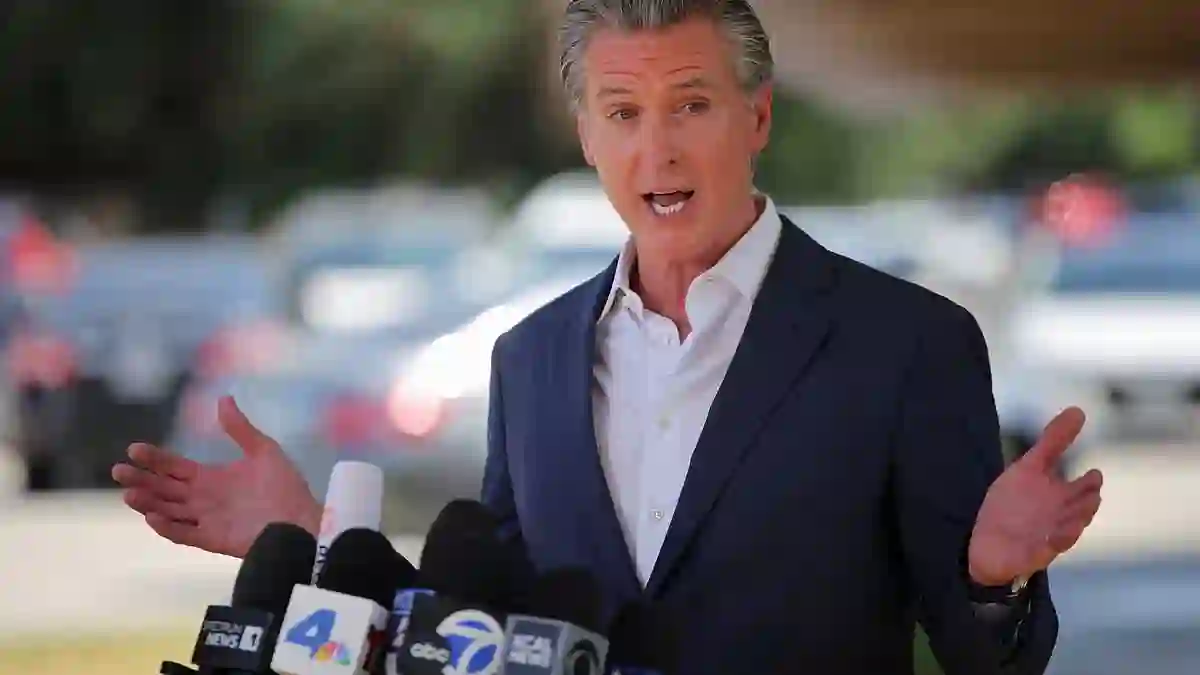The showdown between California officials and Tesla just heated up.
The state’s Department of Motor Vehicles (DMV) is pushing hard in court to suspend Tesla’s ability to operate in California.
This comes amid claims that Tesla misled customers about the capabilities of its Autopilot and Full Self-Driving features.
Political Tensions Add Fuel to the Fire
This legal tussle is happening against a backdrop of tension between Tesla’s CEO Elon Musk and California Governor Gavin Newsom.
The governor has publicly criticized Tesla’s dominance in the electric vehicle market — especially after Musk threw his support behind Donald Trump’s 2024 presidential campaign.
Their rivalry isn’t new, dating back to California shutting down Tesla’s Fremont factory during the pandemic and other policy clashes.
Allegations of False Advertising Over Autopilot Technology
The DMV argues that Tesla’s marketing of its cars as capable of “autopilot,” “self-driving,” and completing trips “with no action required” from drivers is deceptive.
The state first filed suit in 2022 and updated it last year.
Now, officials want Tesla’s licenses to sell and manufacture cars in California suspended for at least 30 days.
They’re also seeking financial penalties, though the exact amount isn’t decided yet.
Tesla Pushes Back, Defends Its Technology
Tesla’s legal team insists the company never misled buyers, emphasizing that the vehicles require active driver attention.
Tesla explains that Autopilot handles steering, acceleration, and braking within lanes, while Full Self-Driving helps obey traffic signals and change lanes — but neither turns the car fully autonomous.
DMV Officials Highlight Contradictions in Tesla’s Messaging
In court, DMV Commander Melanie Rosario said the term “Autopilot” implies the car can drive itself, which she said isn’t the case.
She pointed out Tesla’s conflicting statements about their system’s abilities and the need for drivers to keep their hands close to the wheel.
Musk’s Team Says California Is Trying to Stifle Innovation
Tesla’s lawyer, David Marcus, argued that the DMV is simply trying to block a company close to making autonomous vehicles a reality for the public.
He maintained Tesla has been transparent about its tech and urged the court to see the bigger picture of innovation at stake.
Musk’s Broader Moves Away from California
Since 2021, Tesla shifted its headquarters to Texas, a move followed by Musk’s other ventures like SpaceX and X.
The governor’s proposal for state tax rebates on electric vehicles could exclude Tesla to encourage competition — a plan Musk strongly criticized, especially since Tesla manufactures EVs in California while many competitors do not.
Tesla’s Market Share and Competition in California
Currently, Tesla holds 55% of California’s electric vehicle market, down from 64% last year.
Hyundai and BMW trail far behind.
Despite the legal challenges, Tesla remains the dominant EV manufacturer in the state.
Tesla Launches Self-Driving Taxis, But Regulatory Hurdles Remain
Meanwhile, Tesla has begun testing a small fleet of driverless taxis in Texas, a milestone Musk celebrated as the result of years of effort by Tesla’s AI and software teams.
However, plans to roll out the service in California face delays since Tesla has yet to apply for the necessary permits from the DMV to operate fully driverless taxis there.
What’s Next in the Legal Battle?
As this legal fight unfolds, California’s DMV remains firm that Tesla’s marketing is misleading and that consumer safety is at stake.
Tesla’s future in its home state hangs in the balance as the court prepares for the next stages of this high-profile case.
